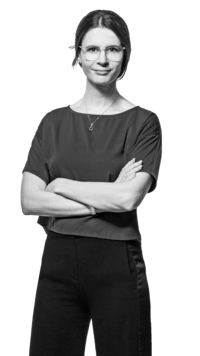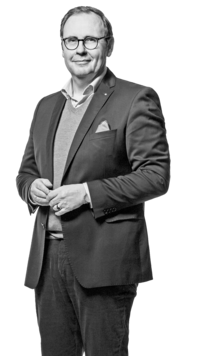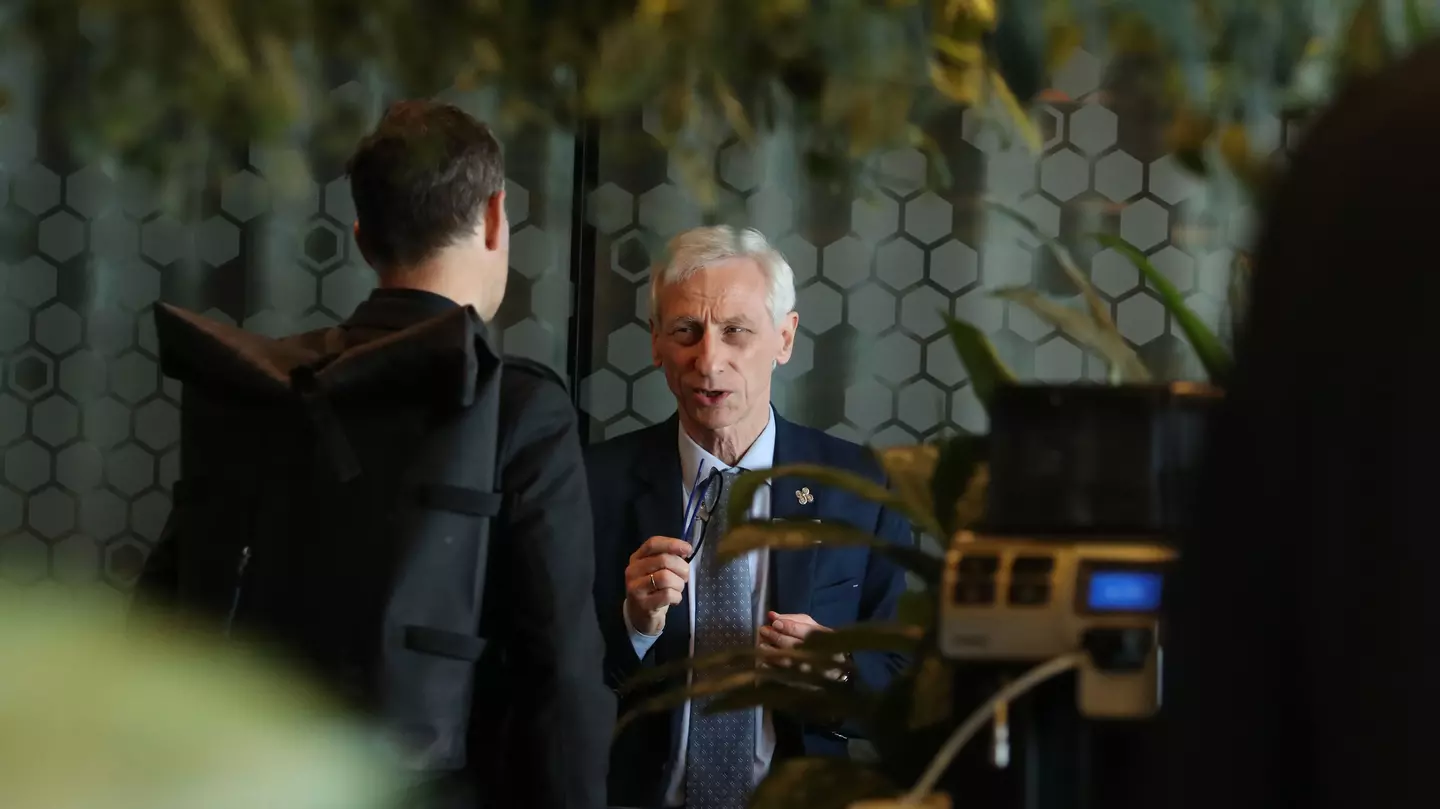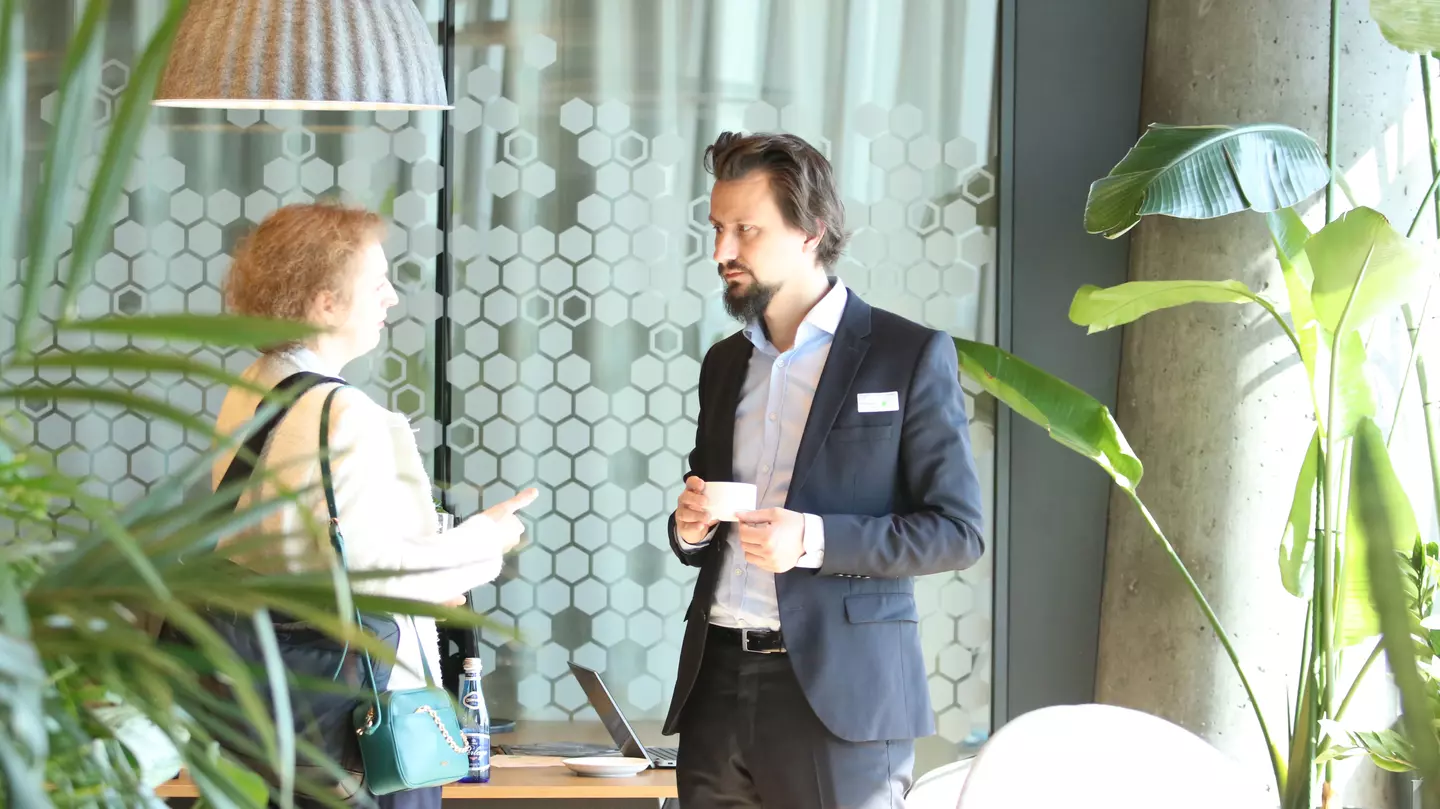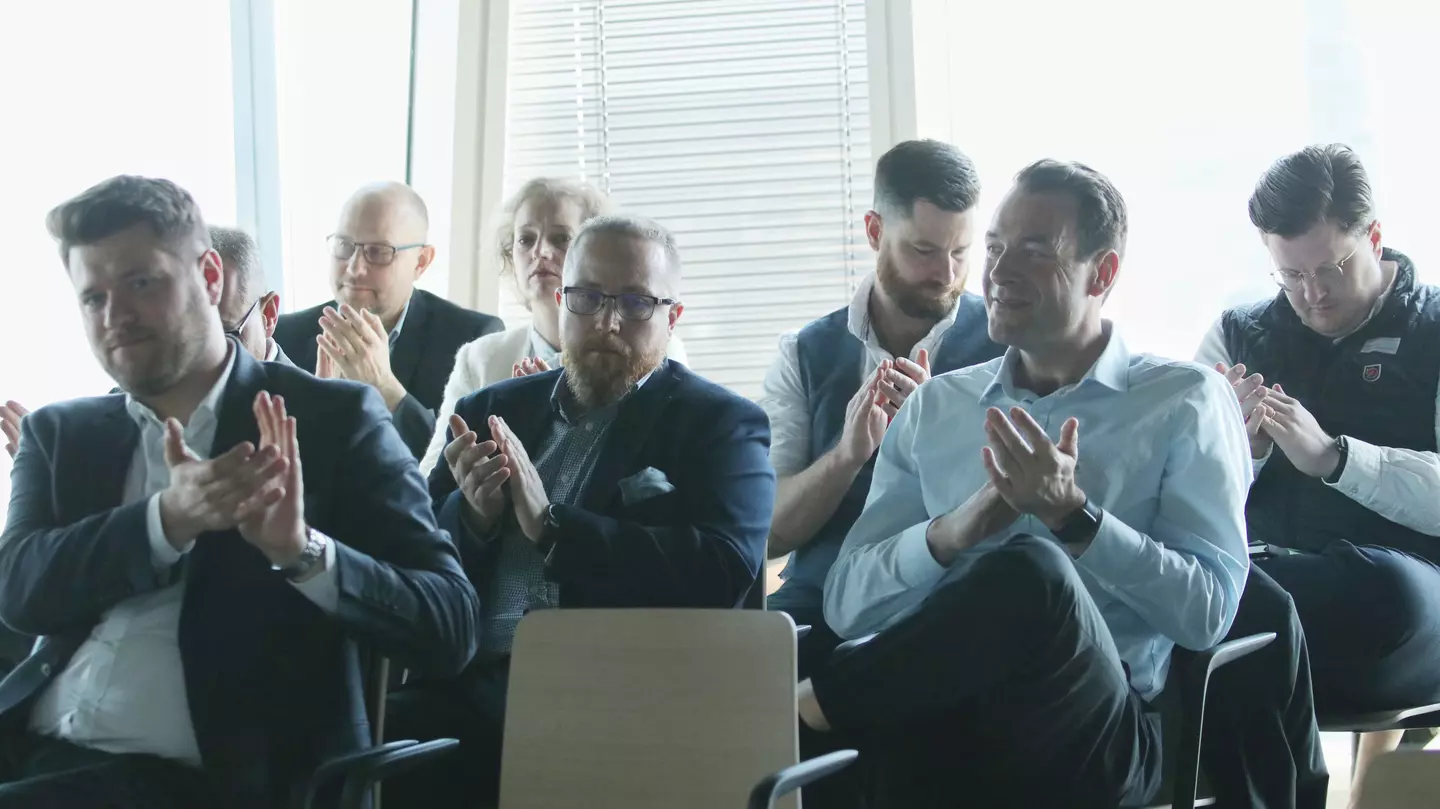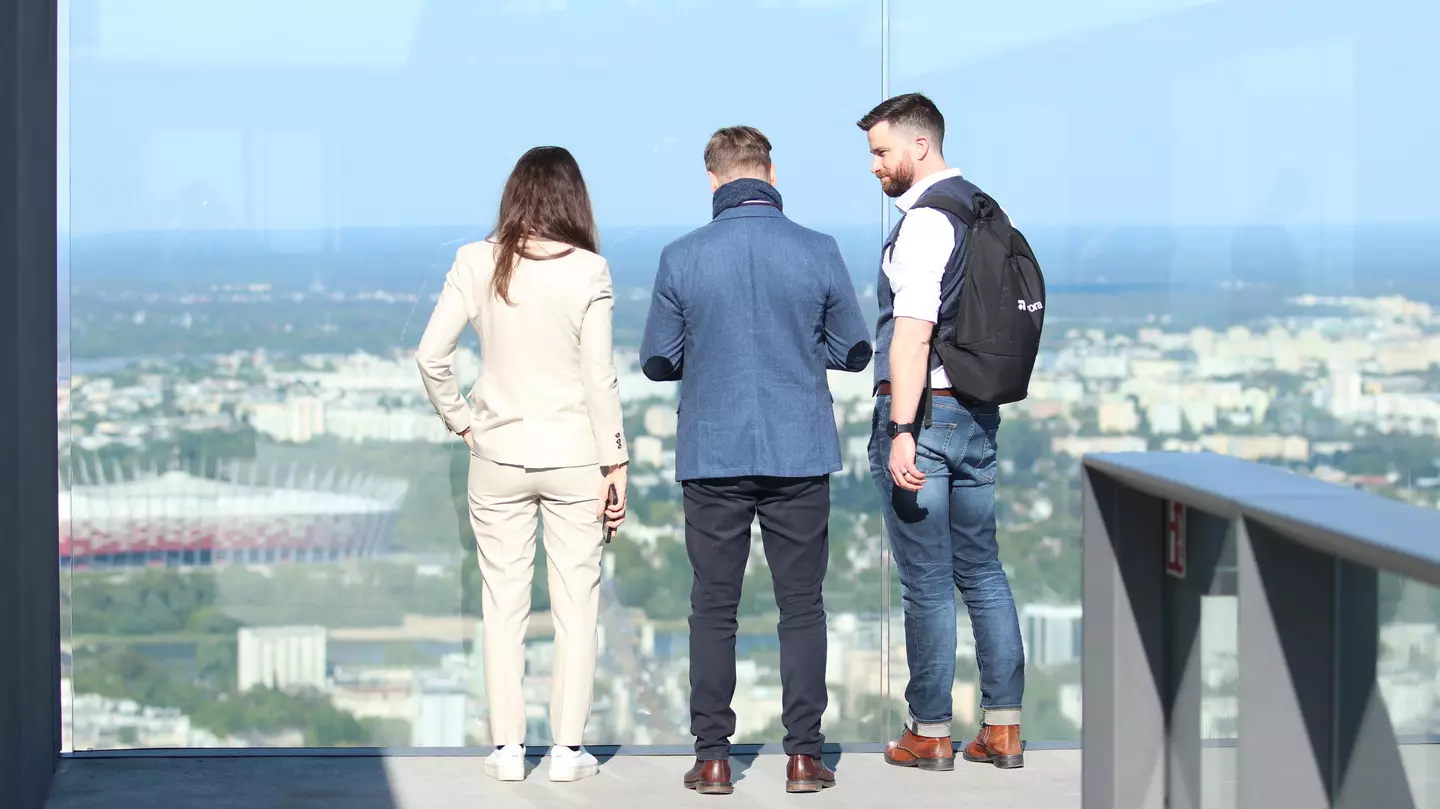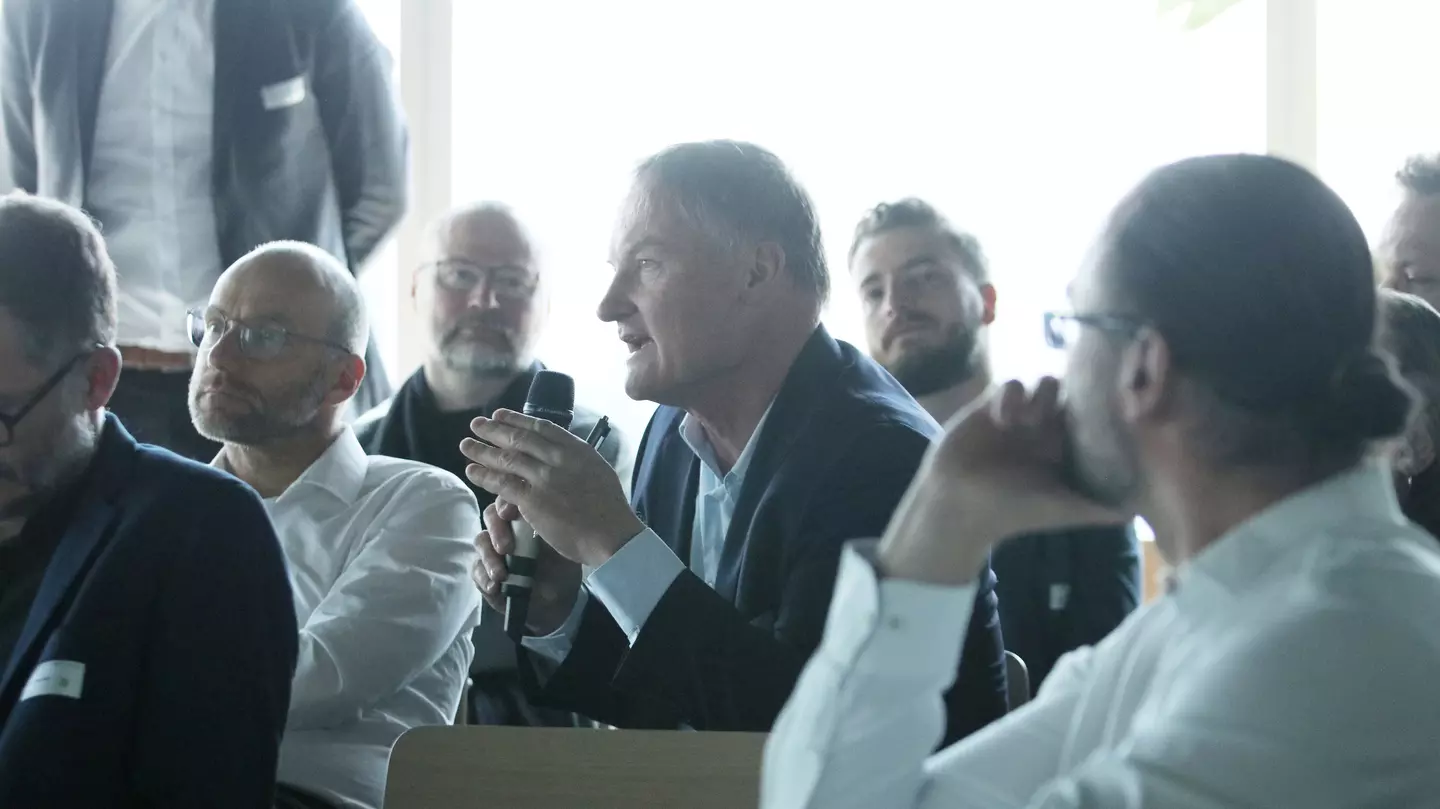The Re-Building Europe 2023 initiative continued its journey last week with an event in the center of Warsaw under this year's theme: "Urban Density and the Vertical City"
About 40 guests from all over Europe attended the two-day event. The first day provided participants with the opportunity to witness the exceptional redevelopment of the Norblin Factory, an award-winning project. On the second day, a captivating exchange took place atop the Varso Tower, the tallest skyscraper in the European Union, offering panoramic views of Warsaw. These inspiring locations served as tangible showcases of best practices, effectively highlighting the practical relevance of the discussions.
The morning of May 8th commenced with a guided tour of the Norblin Factory, allowing participants to gain firsthand insights into one of Warsaw's notable projects. The day concluded with a networking event, providing a platform for meaningful connections and further exchange of ideas.
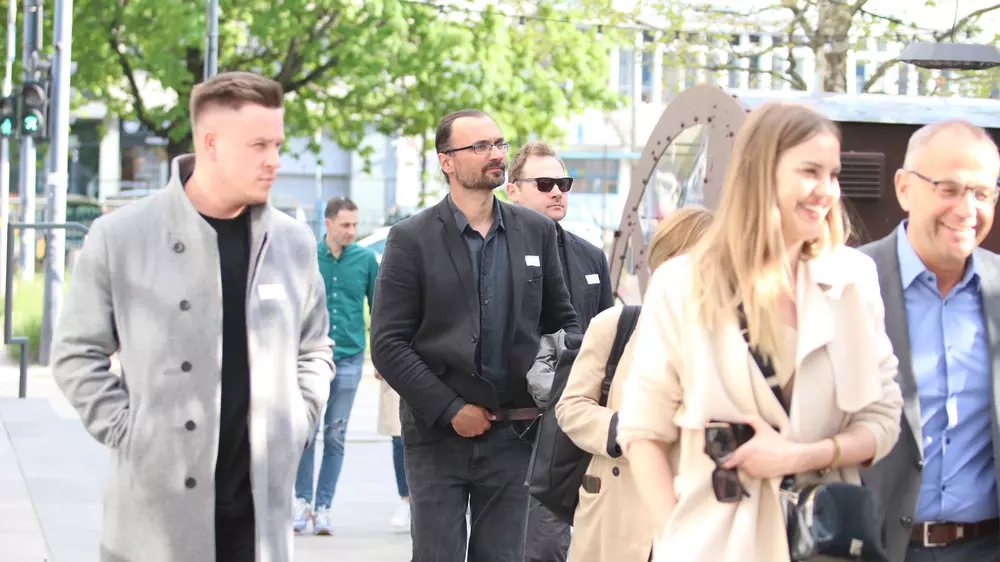
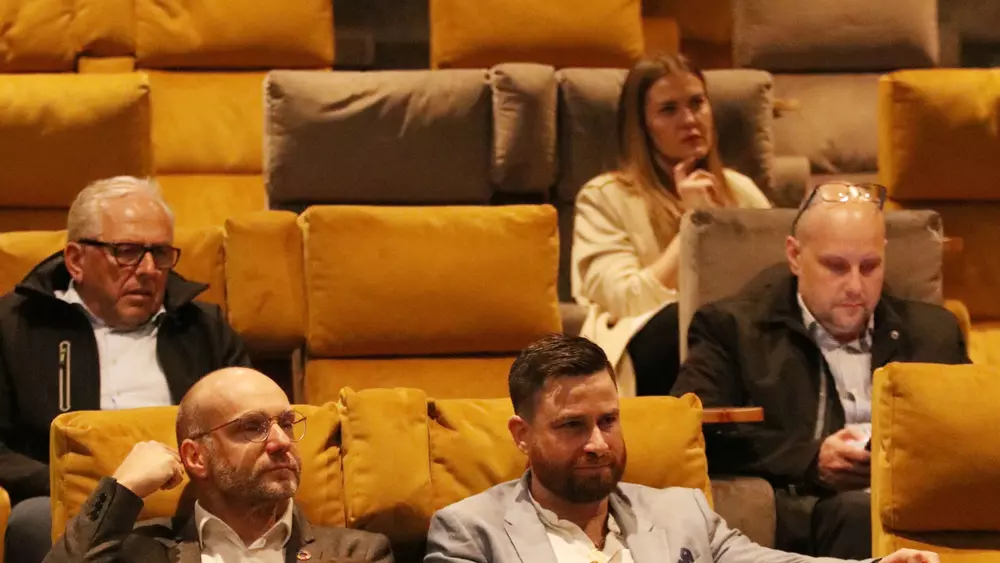
The 9th of May started with the impulse of Monika Konrad, Head Of Municipal Spatial Planning Department at the City of Warsaw. Her presentation shed light on the challenges and opportunities associated with urban planning in Warsaw. With a wealth of expertise, she offered valuable insights into the city's urban development strategies.
Konrad emphasized the significance of perceiving and engaging with nature as a collaborative partner in the context of urban planning. This approach acknowledges the symbiotic relationship between urban environments and the natural world, underscoring the importance of integrating nature into the fabric of urban spaces
Panel discussion 1
This keynote was followed by the panel on "A Vertical City and its' Production of Green Energy" with Dr. Andreas Klesse, E.ON Energy Infrastructure Solutions, Maciej Olczyk, Kohn Pedersen Fox, Anton Fischer, Schindler and Monika Roclawska, Polska Grupa Biogazowa to deepen aspects related to the energy production of the future. An important focus was placed on the implications of denser urban environments on heat and energy provision. The panelists collectively acknowledged the significance of educating society about responsible energy consumption, as well as the integration of energy derived from waste into the overall equation. Building upon these discussions, the panel presented positive findings related to the city of Warsaw and its residents.
A key takeaway from the panel was the necessity to embrace speed, agility, and openness when undertaking transformative efforts in cities and regions. This realization emphasized the importance of adaptability and forward-thinking approaches to effectively address the evolving needs of urban areas.
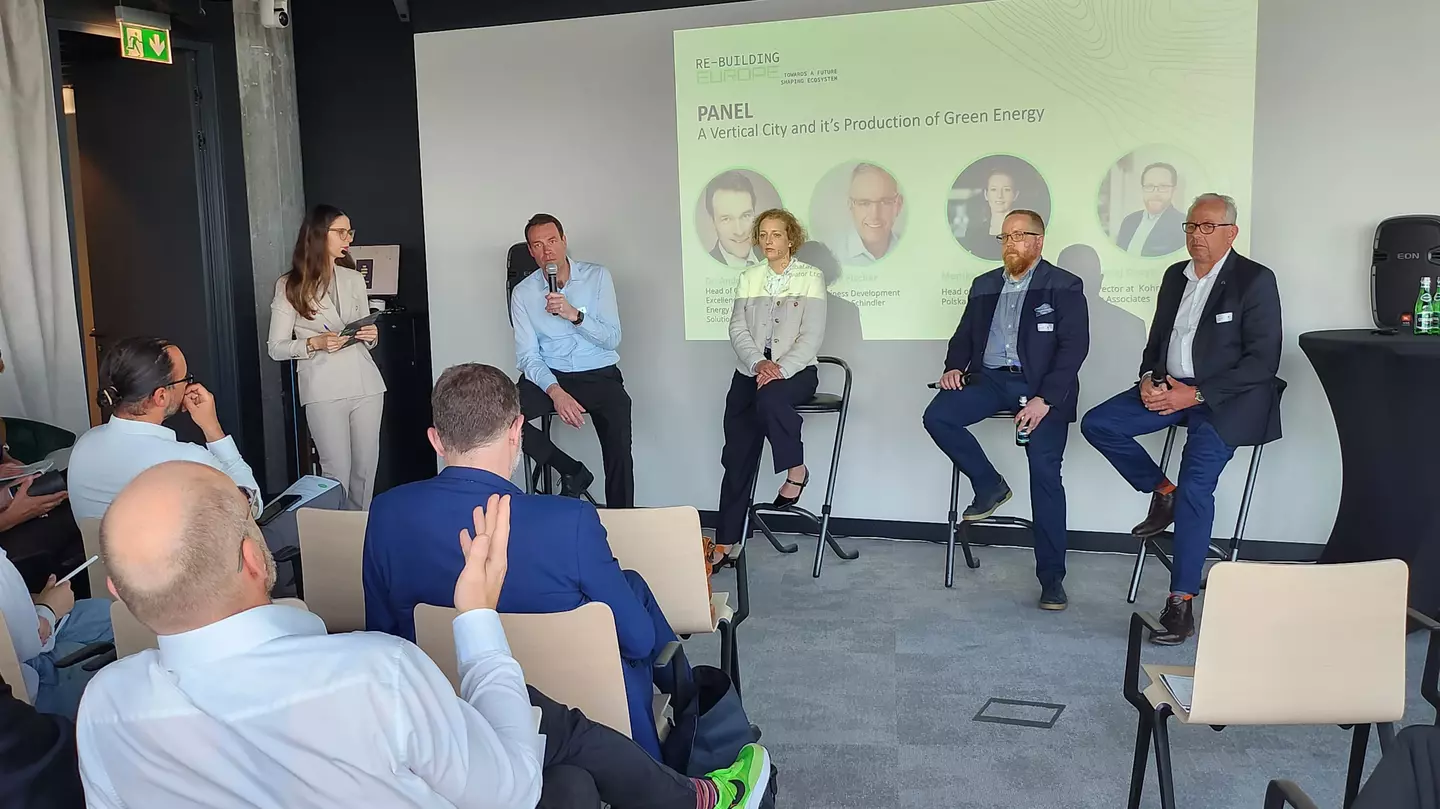
These and other insights were then woven together in two workshops on coal phase-out and green energy by Jörn-Erik Mantz, E.ON Poland and reconstruction and development for building better cities by Lidiia Chyzhevska, National Union of Architects Ukraine, Dr. Haris Piplas, Drees & Sommer and Michael Beckert, Drees & Sommer.
Workshop 1
Coal Phase-Out and Production of Green Energy in a Vertical City run by Jörn-Erik Mantz, E.ON Polen.
The challenge of sustainability extends beyond technological considerations; it necessitates a profound transformation in people's mindsets and a reimagining of ingrained habits. In Poland, for instance, where 60% of heat is generated through coal usage, effective communication between the government and its citizens becomes imperative. Currently, the existing tariff systems offer minimal incentives for change, highlighting the need for political intervention. Additionally, transitioning to electrified technologies presents an opportunity to reduce CO2 emissions. By implementing pilot programs, providing incentives, and employing various strategies, it is possible to expedite the necessary changes. Time is of the essence, as climate change waits for no one.
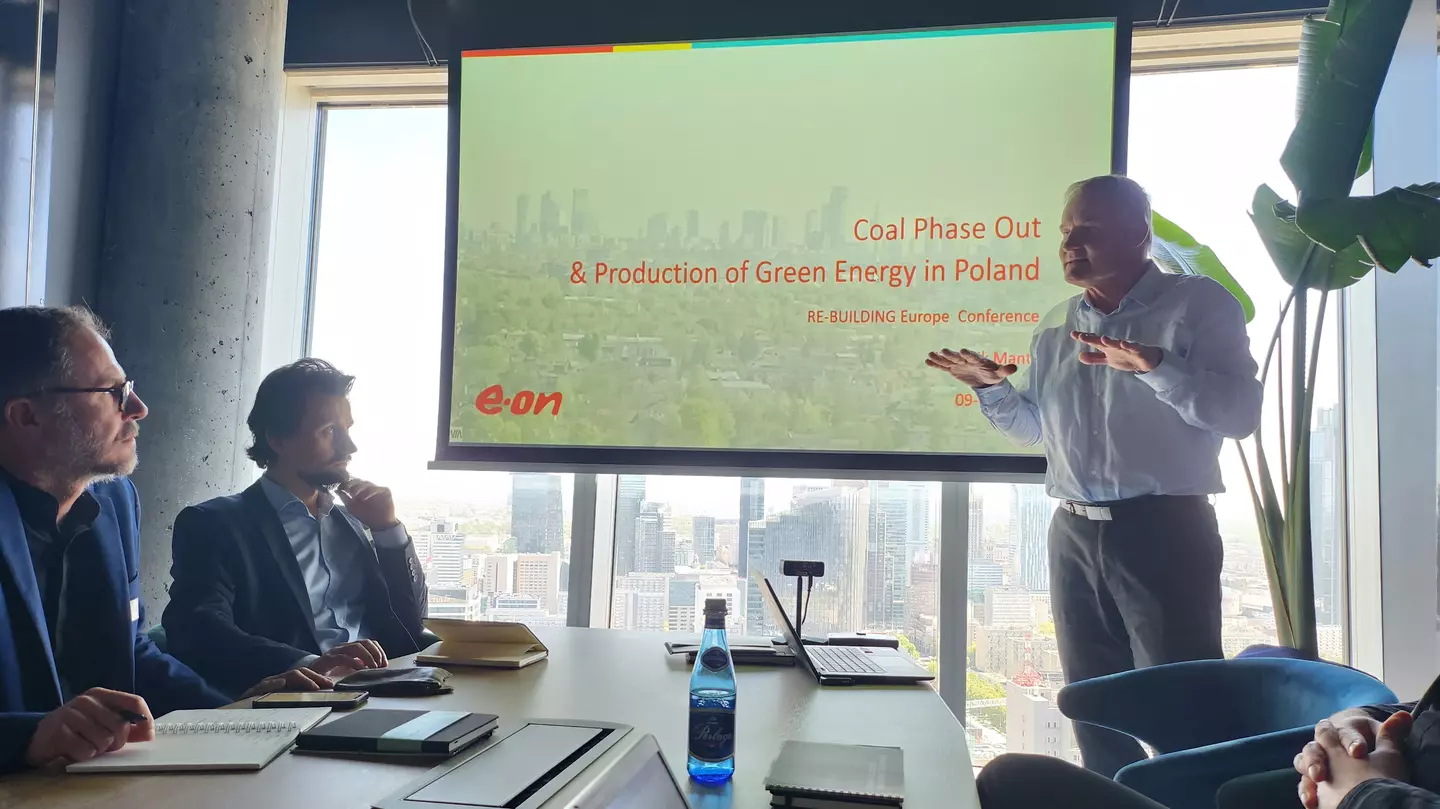
Workshop 2
Recovery and Development Plans for building better Cities run by Lidiia Chyzhevska, National Union of Architects, Ukraine / Dr. Haris Piplas, Drees & Sommer / Michael Beckert, Drees & Sommer.
How can we effectively cultivate and rejuvenate urban spaces while simultaneously preserving their essential urban character? Additionally, what role do green and circular buildings play in fostering the prosperity of a livable city?
The second workshop extensively examined these inquiries, aiming to uncover the fundamental principles behind creating cities that are resilient and adaptable to future challenges. While urban innovation undoubtedly plays a significant role in shaping the evolution of public spaces today, it is equally crucial to consider the diverse range of users and residents who contribute to the vibrant fabric of urban life. Achieving this goal entails not only the preservation of historic structures but also their thoughtful refurbishment to retain their unique identities.
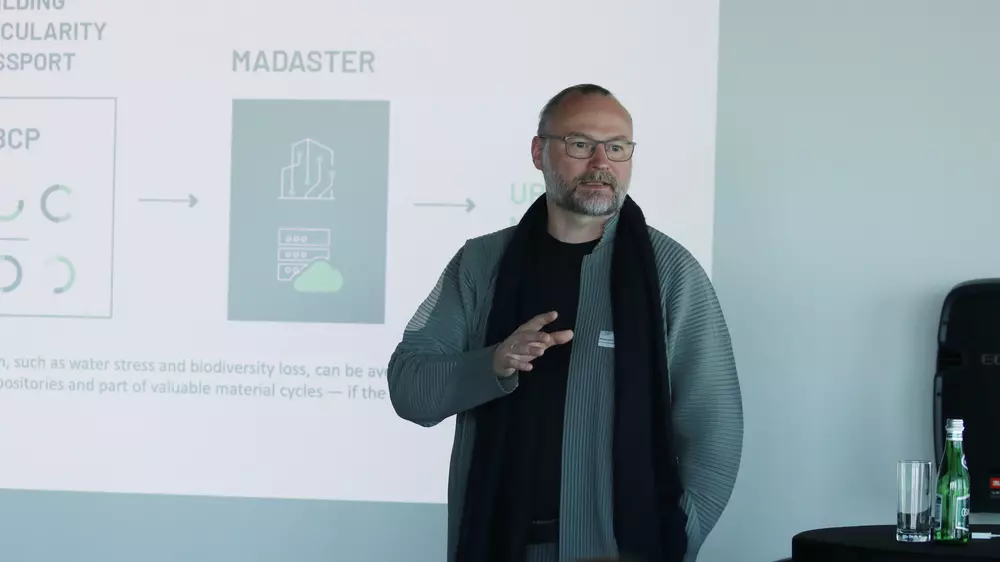
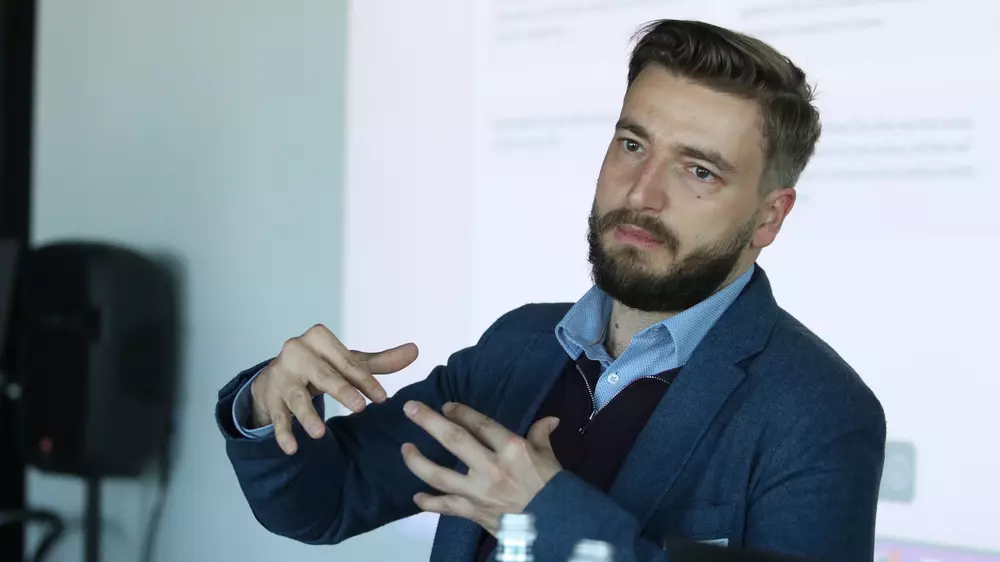
Panel 2
The second panel was all about the topic of "Recovery and Development Plans for building better Cities". The panelists included Dr. Haris Piplas, Drees & Sommer, Lidiia Chyzhevska, National Union of Architects Ukraine, Szymon Wojciechowski, APA Wojciechowski Architects, Natalia Gnoińska, Fundacja 8Marca and David Loretz, MCX. One of the key findings of the panel was the recognition that reconstruction and transformative changes must be rooted in the existing urban system. While external partners can offer support, it is crucial that they do not overshadow or dictate the decision-making process. Drawing from past experiences, the panelists highlighted the importance of avoiding repeating previous failures, particularly caused by the dissonance among international players entering the market.
Another shared perspective emphasized that "new" does not necessarily equate to improvement. It is not always necessary to completely rebuild and reinvent everything. There is value in preserving and building upon what already exists. In urban endeavors, it is not always feasible to undo every mistake; instead, the focus should be on optimizing and maximizing the potential of existing resources, such as renovating old communist blocks in Warsaw, increasing urban density, and creating green facades.
The perfect finale was a guided tour in Varso Tower, which ended with inspiring talks above the rooftops of Warsaw.
According to our one-company approach, the colleagues from different offices Haris Piplas (CHE), Michael Beckert (GER) and Jan Grymin (POL) actively contributed to the success of the event.
We are now looking forward to our next impulse in Brussels on the 14th of June.
In collaboration with Drees & Sommer International, we are organizing the final forum on 29th of November in London to present the results of our workshops and discuss the future development of Urban Density & the Vertical City.
GET In TOUCH
